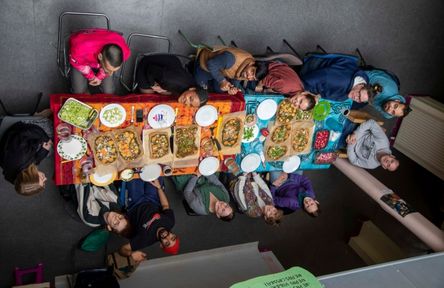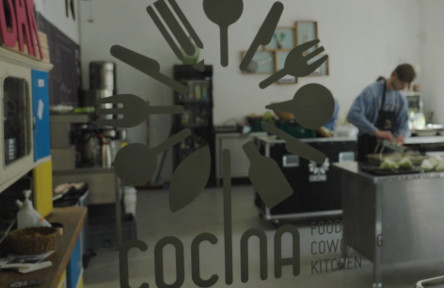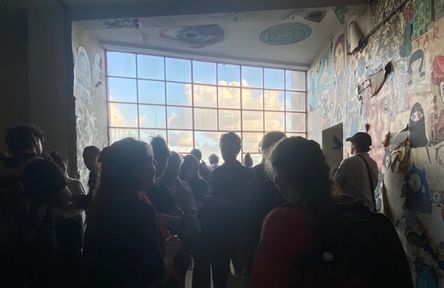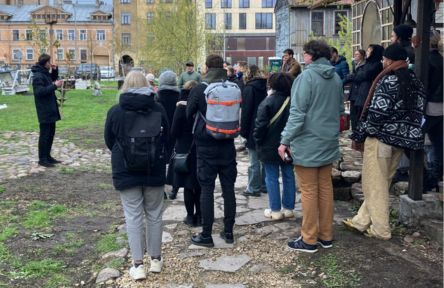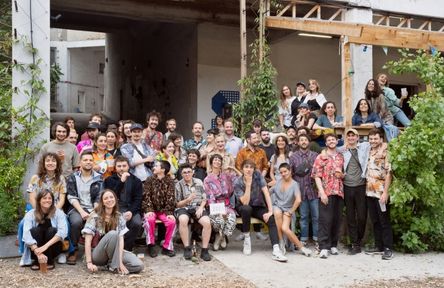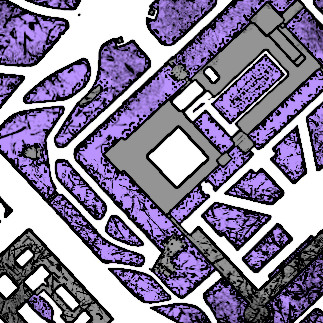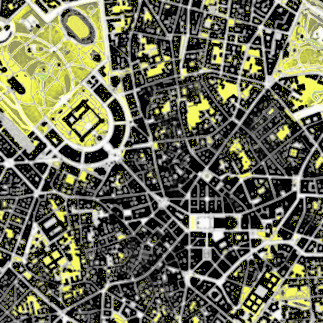Skills & Competences
Common spaces are powerful learning environments where people acquire both practical and relational skills through informal, hands-on experiences. They foster technical abilities and soft skills alike, becoming living laboratories of collective intelligence and mutual learning.

Commons provide opportunities for individuals to learn by doing, navigating responsibilities, engaging with diverse publics, and responding to unpredictable contexts. This fosters reflexive skills—the capacity to critically assess one’s actions and positioning within social, political, and spatial dynamics. Such skills are essential for creating open, inclusive governance and are particularly relevant in today’s fragmented social landscapes. Learning in commons also emphasizes care, responsibility, and the negotiation of difference—values often underrepresented in formal education systems.
While rooted in informality, the competences acquired in commons can—and should—intersect with formal learning paths. Vocational education and training (VET) providers can benefit from engaging with commons as dynamic contexts for alternative training. These spaces offer complementary forms of education that are practice-based, community-driven, and anchored in real needs. Recognizing and valuing these learning processes, for instance through micro-credentials or partnerships with VET actors, can build bridges between grassroots innovation and institutional recognition.
To participate in a commons is to step into a complex ecosystem of co-responsibility, openness, and experimentation. It requires adaptability, communication skills, technical know-how, and a readiness to unlearn hierarchical patterns. Commons are places where knowledge circulates horizontally, where leadership is often distributed, and where each person’s contribution matters. In this sense, acting in the commons is not just about acquiring competences—it is about cultivating a different relationship to knowledge, power, and the collective.
One of BASICC’s core innovations has been to bring together commoners and vocational education actors within shared learning environments. Across several European contexts—Naples, Riga, Brussels, and Paris—the project has tested how VET and commons can co-design training modules that reflect both formal standards and situated practices. This collaboration has highlighted the added value of learning “within the commons”: through hands-on experience, collective governance, and real-world challenges.
The project’s training prototypes, such as those focused on solidarity-based catering, urban space management, or participatory research, revealed that commons environments can function as inclusive training sites. They are particularly effective in reaching audiences who are distant from formal education—offering a pathway for empowerment, employment, and civic engagement.
At the same time, VET institutions have brought crucial pedagogical structure and certification pathways. Through this exchange, BASICC has shown that common spaces and VET can be mutually reinforcing: commons provide meaningful contexts and values; VET provides frameworks for validation and scale.
This model suggests a hybrid ecosystem for learning—where bottom-up knowledge and institutional tools can co-exist, co-evolve, and better respond to today’s social, ecological, and economic challenges.
